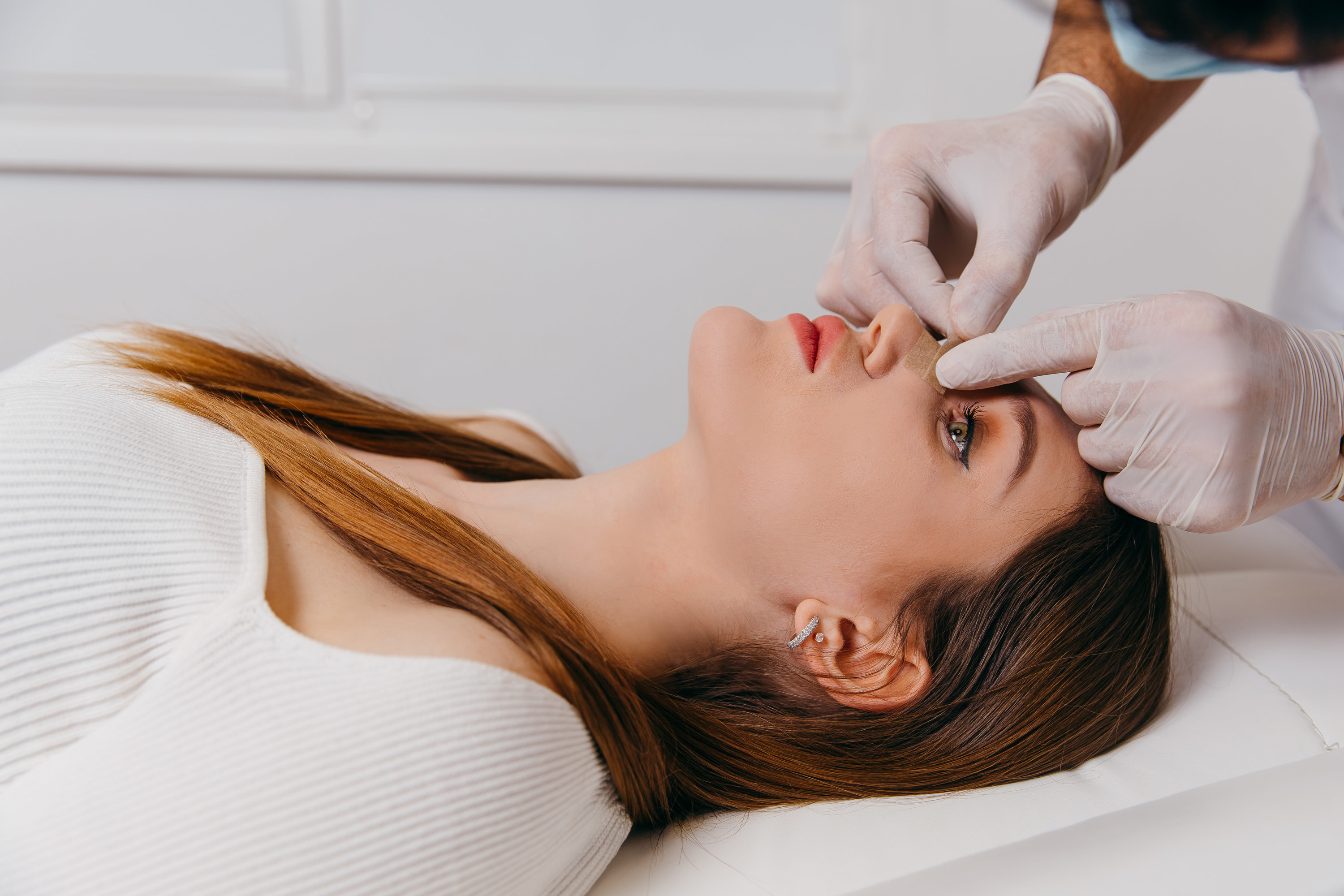Preparing for rhinoplasty surgery in Riyadh is a structured process that starts with medical clearance and involves strict adherence to your surgeon's pre-operative instructions, primarily focused on minimizing bleeding and ensuring a smooth recovery.

Here is a comprehensive guide on how to prepare for your nose surgery in Riyadh:
1. Two Weeks Before Surgery: Medical & Medication
The most critical preparation phase is reducing the risk of excessive bleeding and complications. Always follow the specific instructions provided by your Riyadh surgeon, as they may differ slightly.
ActionWhy it is CrucialStop Blood Thinners & NSAIDsCrucial. Discontinue any medications that can thin your blood, as these increase the risk of bleeding during and after surgery. This includes:- Aspirin (and aspirin-containing medicines)- Ibuprofen (Advil, Motrin) and Naproxen (Aleve)- Certain Herbal Supplements (e.g., Garlic, Ginger, Ginkgo Biloba, Fish Oil, Vitamin E)- Consult your surgeon about any prescribed medications. Do not stop prescribed medicine without their approval.Stop Smoking & NicotineCrucial. Nicotine severely impairs blood flow, which can delay wound healing, increase the risk of infection, and compromise the final result. Most surgeons require you to be nicotine-free for at least 2-4 weeks before and after the procedure.Stop Alcohol ConsumptionAlcohol can also thin the blood and interfere with the effects of anesthesia. Stop drinking alcohol at least one week before your surgery.Complete Pre-Op TestsSchedule and complete all required pre-operative lab work, which typically includes:- Blood Tests (e.g., CBC, clotting factors like PT/PTT)- ECG (Electrocardiogram)- Other evaluations as required to ensure you are medically cleared for general anesthesia.2. One Week Before Surgery: Logistics & Home Preparation
Focus on setting up your recovery environment and arranging support.1
ActionPreparation DetailArrange for a CaregiverYou will not be allowed to drive yourself home after the surgery due to the anesthesia. Arrange for a responsible adult to drive you home and stay with you for at least the first 24-48 hours to assist with meals and medication.Fill PrescriptionsPick up all your post-operative medications (painkillers, antibiotics, ointments) well in advance so they are ready when you return home.Prepare Your Recovery SpaceSet up a comfortable area where you can rest with your head elevated (use several pillows or a wedge pillow). This is essential to minimize swelling.Stock Up on EssentialsPurchase soft, easy-to-chew foods (broth, yogurt, mashed potatoes, cooked vegetables, smoothies), ice packs, comfortable button-down or zip-up shirts (to avoid pulling anything over your head), and entertainment.Practice Back SleepingYou must sleep on your back with your head elevated for several weeks after surgery to avoid pressure on your nose. Practice this position a few nights before the surgery.3. The Day Before and Morning of Surgery
These final instructions are vital for your safety under anesthesia.
TimeframeInstructionDetailDay Before (Evening)Strict FastingDO NOT EAT OR DRINK ANYTHING after midnight (or the time specified by your surgical team). This includes water, gum, and mints. A full stomach poses a serious risk during general anesthesia.Shower & HygieneTake a thorough shower and wash your hair with an antibacterial soap (if provided/recommended). This helps minimize the risk of infection.Morning of SurgeryWear Appropriate ClothingWear loose, comfortable clothing that buttons or zips up the front. Do not wear pullovers or tight necklines. Wear slip-on shoes.Avoid All ProductsDo not wear any makeup, lotion, moisturizer, perfume, or hair products. Remove all jewelry, body piercings, and contact lenses.Take Necessary MedsTake only the specific medications your surgeon told you to take (usually with a small sip of water), and bring all other medications with you to the clinic.
By meticulously following these preparation steps, you significantly increase the safety of your rhinoplasty procedure and set yourself up for the best possible outcome in your recovery.




Comments